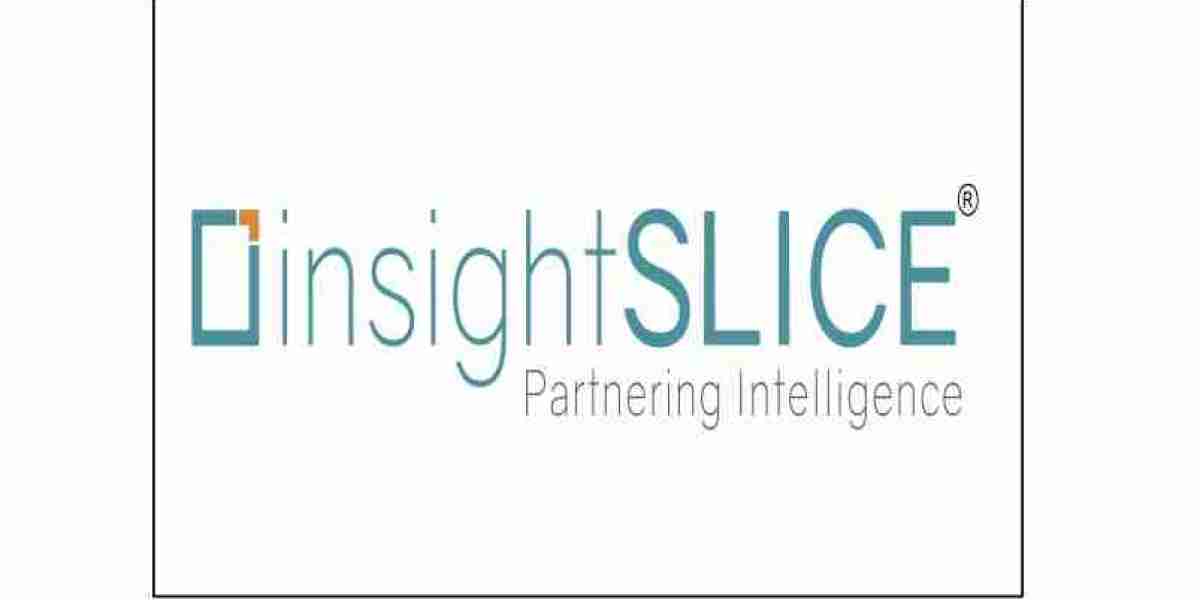The Dubai Multi Commodities Centre (DMCC) is a prominent free zone in the UAE, hosting thousands of businesses from around the world. In such a dynamic and lucrative environment, the role of auditors is critical in ensuring financial transparency, compliance, and the integrity of business operations. However, one significant challenge that auditors face is managing conflicts of interest. This article delves into how approved auditors in DMCC address and handle conflicts of interest, maintaining the highest standards of professional ethics and integrity.
Understanding Conflict of Interest in Auditing
A conflict of interest arises when an auditor's ability to provide an objective and impartial audit is compromised by personal, financial, or other relationships. In the context of Approved auditors DMCC, conflicts of interest can jeopardize the trust that businesses and stakeholders place in the audit process, potentially leading to biased reports and compromised financial information. Therefore, it is paramount that approved auditors adhere to stringent guidelines and ethical practices to identify, disclose, and manage any conflicts of interest effectively.
Regulatory Framework and Guidelines
DMCC, in alignment with international standards, has established a comprehensive regulatory framework that governs the conduct of auditors. This framework emphasizes the importance of independence, objectivity, and transparency. Key guidelines include:
- Mandatory Disclosure: Auditors must disclose any relationships or financial interests that could potentially influence their judgment or independence. This disclosure helps stakeholders assess the potential impact on the auditor's objectivity.
- Independence Requirements: Auditors are required to maintain independence from their clients. This means avoiding any financial or personal ties that could affect their impartiality. For instance, auditors cannot have direct investments in the companies they audit or have close familial relationships with the company's key management.
- Regular Audits and Reviews: The DMCC mandates periodic reviews of auditors to ensure compliance with ethical standards. These reviews are conducted by independent bodies that assess the auditors' adherence to conflict of interest policies and other regulatory requirements.
Procedures for Handling Conflicts of Interest
Approved auditors in DMCC follow a structured approach to manage conflicts of interest, which involves several key steps:
- Identification of Conflicts: The first step is to identify potential conflicts of interest. Auditors must conduct thorough due diligence to uncover any relationships or interests that could compromise their independence. This includes reviewing their own financial interests, previous engagements, and any connections with the client's management or stakeholders.
- Disclosure and Transparency: Once a potential conflict is identified, auditors are required to disclose it to all relevant parties. This disclosure should be made in a timely and transparent manner, providing sufficient detail for stakeholders to understand the nature of the conflict and its potential implications.
- Mitigation Measures: After disclosure, auditors must implement measures to mitigate the impact of the conflict. This could involve adjusting the scope of the audit, bringing in independent third-party reviewers, or in some cases, recusing themselves from the engagement altogether if the conflict is deemed too significant.
- Ongoing Monitoring: Conflicts of interest can arise at any stage of an audit engagement. Therefore, auditors must continuously monitor for new conflicts throughout the audit process. This ongoing vigilance helps to ensure that any emerging conflicts are addressed promptly and effectively.
- Documentation and Reporting: All actions taken to manage conflicts of interest must be thoroughly documented. This documentation provides a clear record of how the conflict was identified, disclosed, and managed, and can be used as evidence of the auditor's commitment to ethical conduct.
Ethical Considerations and Best Practices
In addition to regulatory requirements, auditors in DMCC adhere to ethical guidelines that emphasize professional integrity and responsibility. Key ethical considerations include:
- Integrity and Honesty: Auditors must act with integrity, ensuring that all their actions are guided by honesty and ethical principles. This involves being transparent about potential conflicts and taking proactive steps to address them.
- Professional Competence: Maintaining a high level of professional competence is essential for auditors. This includes staying informed about the latest industry standards, regulatory changes, and best practices for managing conflicts of interest.
- Confidentiality: While transparency is crucial, auditors must also balance this with the need to maintain confidentiality. Sensitive information about conflicts of interest must be handled with care to protect the interests of all parties involved.
- Fairness and Objectivity: Auditors must strive to remain fair and objective in all their dealings. This means avoiding any actions or relationships that could compromise their ability to provide an impartial audit.
Conclusion
Handling conflicts of interest is a critical aspect of the auditing profession, particularly in a complex and dynamic environment like DMCC Auditors. Approved auditors must navigate these challenges with diligence, transparency, and a strong commitment to ethical standards.









